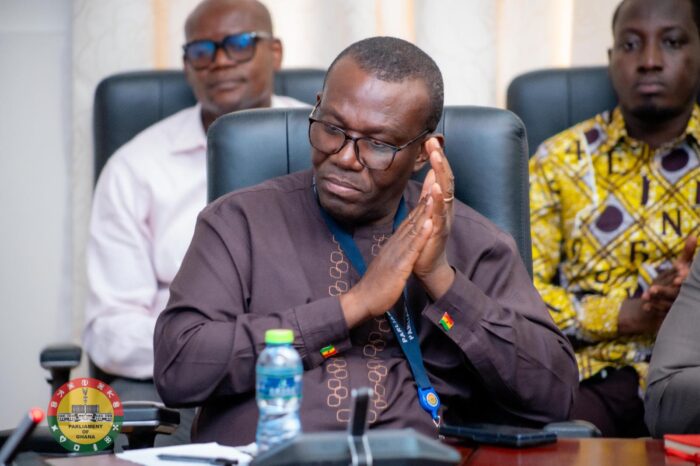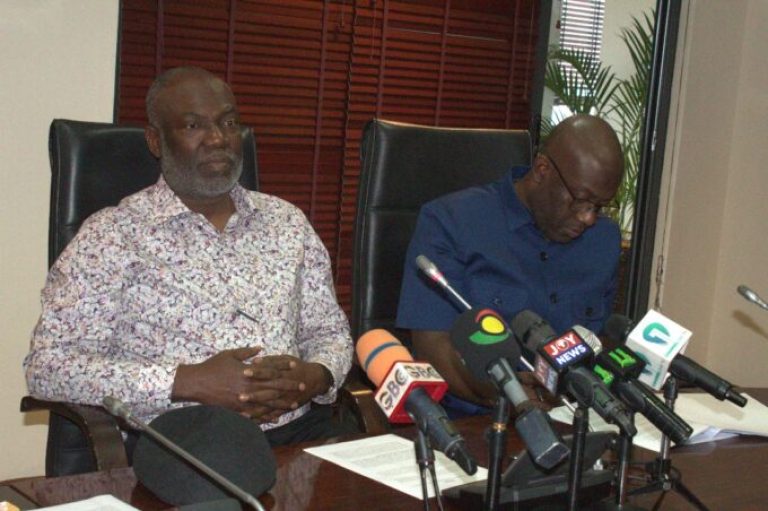Ghana’s government is mounting a strong defence of its newly introduced GH¢1 levy on every litre of refined petroleum, describing the move as a crucial lifeline for the nation’s struggling energy sector.
The Energy Sector (Amendment) Act, 2025, which introduces the levy, has triggered heated reactions from civil society and transport groups. However, the Chairman of Parliament’s Energy Committee, Hon. Emmanuel Kwasi Bedzrah, insists the decision is both strategic and necessary to avoid a full-scale power crisis.
Speaking to journalists in Parliament, Hon. Bedzrah dismissed allegations from opposition lawmakers that the public was misled about the new levy. He pointed out that all MPs—including those from the minority—were present during the committee discussions and no objections were raised at that level.
He accused critics of deliberately stirring public discontent for political gain, arguing that their narrative has created confusion and unnecessary backlash.
At the heart of the issue is a deepening financial crisis in the energy sector. Hon. Bedzrah disclosed that Ghana is sitting on an energy-related debt of over US$3.1 billion, with more than half—around US$1.7 billion—owed to Independent Power Producers (IPPs). Monthly losses in the sector have reached GH¢2 billion, a situation he blamed on years of poor oversight.
Fueling Ghana’s energy needs comes at a high price, with the country reportedly spending over US$1.2 billion each year—equivalent to about GH¢12.6 billion—on liquid fuels alone. Yet, electricity tariffs have not kept pace, making it impossible for power providers to recover their costs without additional support.
According to Hon. Bedzrah, a tariff hike of 50% would be needed to fully cover these expenses, a move he says the government is unwilling to make because of the economic pain it would inflict on ordinary Ghanaians.
Instead, the GH¢1 levy is expected to bring in approximately GH¢5.7 billion annually, which will be directly allocated to buying fuel for thermal plants. In his view, this is a far more sustainable approach than raising electricity bills.
To calm fears of increased fuel prices, Hon. Bedzrah pointed out that prices at the pump have actually fallen from GH¢16 in January to around GH¢12 now. Even with the GH¢1 levy, fuel remains cheaper than it was a few months ago.
He urged Ghanaians not to fall for politically motivated misinformation, assuring the public that the government is being fully transparent and acting in the long-term interest of energy security.
“The government isn’t hiding anything,” he emphasized. “We’re simply choosing the most responsible path to prevent future blackouts and protect national development.”
Hon. Bedzrah also issued a strong warning against politicizing issues that have direct implications for national stability, calling on all stakeholders to support efforts to secure Ghana’s power future.
The Energy Sector (Amendment) Act, 2025, officially came into effect last week after receiving the President’s signature.
Source: NewsandVibes.com


